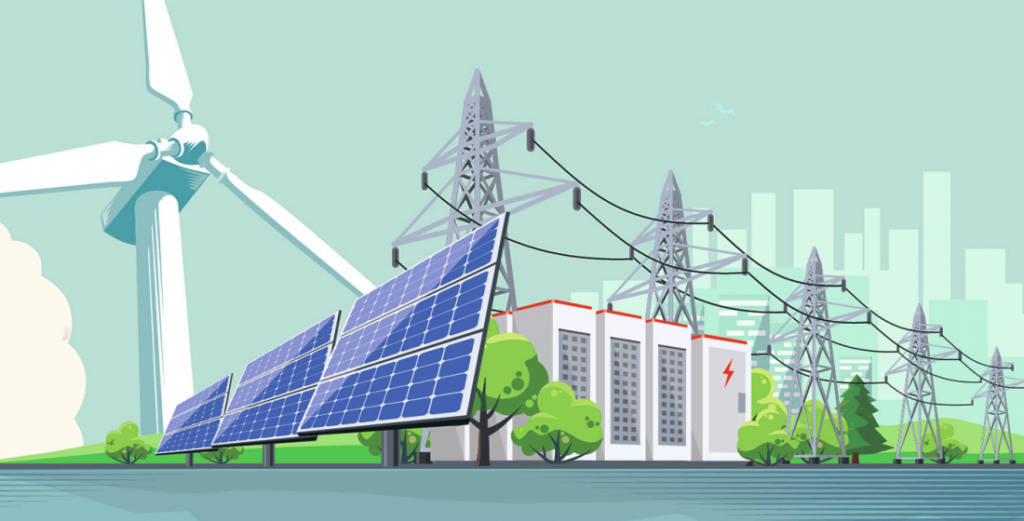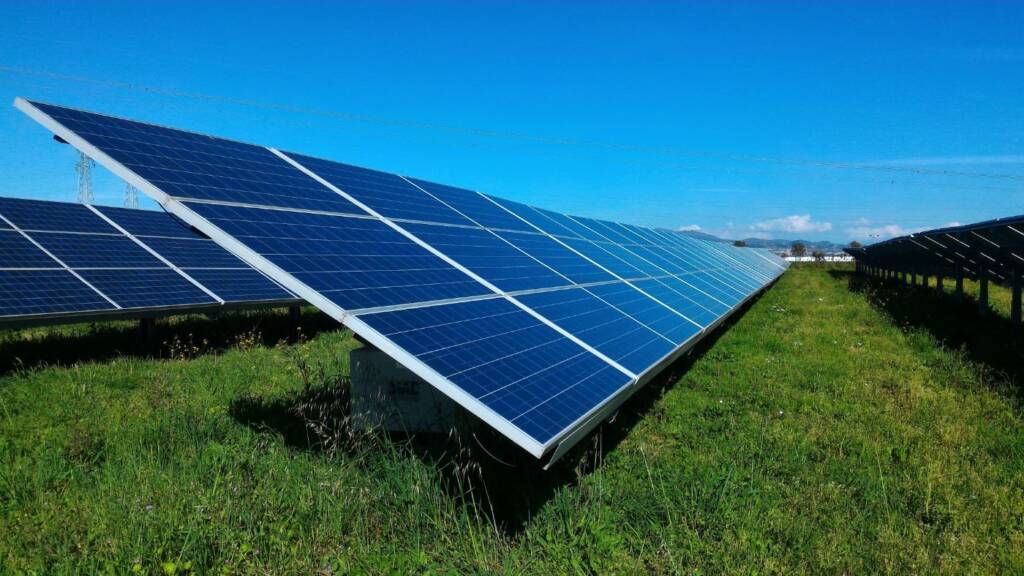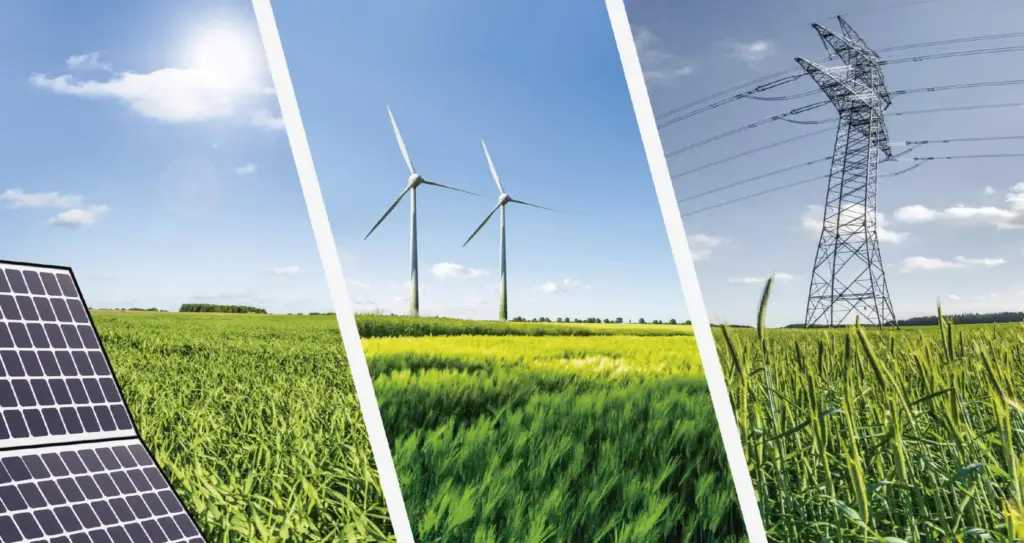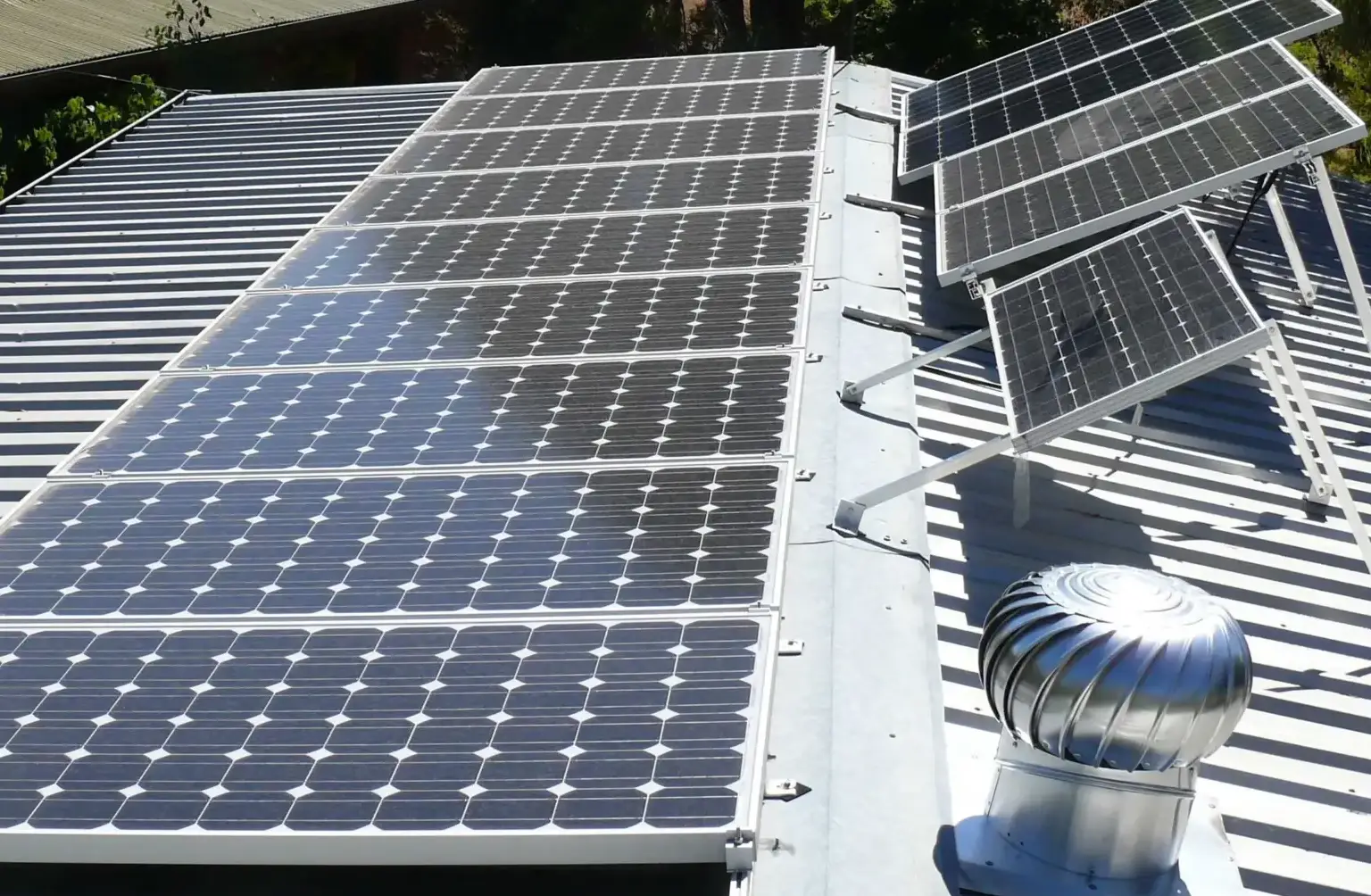Wind energy is rapidly becoming one of the most significant sources of renewable energy globally, and its advantages are numerous. Economically, wind power is a cost-effective alternative to traditional fossil fuels, often resulting in lower electricity prices for consumers . This economic benefit is complemented by the fact that wind energy creates jobs in manufacturing, installation, and maintenance of wind turbines, contributing to local economies.
From an environmental perspective, wind energy is particularly advantageous. It produces electricity without emitting harmful pollutants, such as sulfur dioxide and nitrogen oxides, which are common byproducts of fossil fuel combustion . This reduction in air pollution leads to cleaner air and can significantly decrease health issues related to respiratory problems, such as asthma . Additionally, wind turbines do not require water for cooling, making them a sustainable option in areas where water resources are scarce.
Moreover, wind energy plays a crucial role in combating climate change by reducing greenhouse gas emissions. As a renewable resource, it helps to lower the overall carbon footprint of energy production, making it a vital component in the transition towards a more sustainable energy future. In summary, the benefits of wind energy encompass economic savings, job creation, environmental protection, and contributions to public health, making it a compelling choice for energy generation in the modern world.






